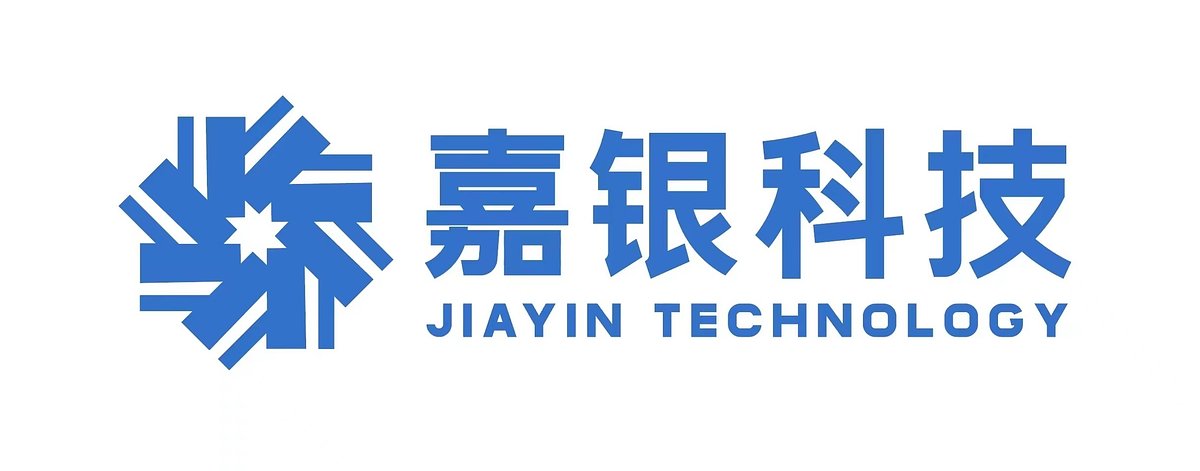
Jiayin Group Secures $82.7M Loan Amidst China’s Fintech Regulatory Shift
Chinese fintech platform Jiayin Group has secured an $82.7 million loan to fuel growth, but the deal highlights risks linked to VIE structures and evolving regulatory pressures in China’s tech sector.
Jiayin Group Secures $82.7M Loan Amidst China’s Fintech Regulatory Shift
Shanghai, China – Jiayin Group, a leading Chinese fintech platform connecting borrowers with lenders, announced today it has secured an $82.68 million (RMB 600 million) loan from a consortium of unnamed financial institutions. While the funding signals continued confidence in the company’s growth trajectory, the deal underscores the complex landscape of China’s fintech industry, marked by stringent regulations, the risks associated with Variable Interest Entity (VIE) structures, and a cautious investor climate.
Jiayin plans to use the loan for general working capital, supporting its expanding loan facilitation volume. The company reported facilitating RMB 27.7 billion in loans in the fourth quarter of 2024, a 37.8% year-over-year increase, and exceeding RMB 100 billion for the full year. Despite this growth, net income saw a decrease in 2024, prompting questions about the company’s profitability and long-term sustainability.
Navigating the VIE Structure
Central to understanding Jiayin's operations is its use of a VIE structure, a common practice among Chinese companies seeking foreign investment in restricted sectors. This structure allows foreign investors to gain economic exposure to the company’s operations without directly owning assets within China. However, VIEs are fraught with legal uncertainty.
“The biggest risk with VIE structures is always regulatory,” explains a financial analyst specializing in Chinese markets, speaking on condition of anonymity. “Chinese authorities could, in theory, invalidate the contractual arrangements that underpin the VIE, leaving foreign investors with limited recourse.”
The analyst points to increasing scrutiny from Chinese regulators, particularly since 2020, and the suspension of Ant Group's IPO as cautionary tales. While a widespread ban on VIEs is considered unlikely, the lack of direct ownership and potential for regulatory intervention remain significant concerns. Jiayin’s loan agreement includes pledges of equity in its VIE, Shanghai Jiayin Technology Co., Ltd., and guarantees from its parent company and the VIE itself, showcasing the risk mitigation strategies employed but also the inherent reliance on these complex arrangements.
A Shifting Regulatory Landscape
The Chinese fintech industry has undergone a dramatic transformation in recent years. Following a period of rapid growth and minimal oversight, regulators began cracking down on excessive risk-taking and predatory lending practices. The P2P lending crisis of 2019 served as a wake-up call, prompting authorities to implement a comprehensive regulatory framework.
“The government’s priority is stability,” explains another industry source who requested anonymity. “They want to foster innovation in fintech, but not at the expense of financial stability or social harmony.”
The latest rules emphasize data protection, risk management, and consumer protection. While these measures are intended to create a more sustainable fintech ecosystem, they have also created a more challenging environment for companies like Jiayin. Despite the pressures, recent signals suggest a potential softening of the regulatory stance as the Chinese government seeks to bolster its economy.
Balancing Growth with Risk
The $82.68 million loan is secured by a mortgage on commercial property owned by Jiayin’s subsidiary, Jirongzhicheng, as well as pledges of equity and guarantees from affiliated companies. While this collateral provides some comfort to lenders, it also highlights the financial obligations Jiayin is undertaking.
“The size of the loan, coupled with the long-term maturity, suggests a significant commitment,” notes a lending specialist familiar with Chinese fintech. “The company will need to carefully manage its cash flow and maintain healthy profitability to meet its debt obligations.”
Jiayin’s financial results for 2024 reveal a slight decline in net income despite a rise in loan facilitation volume. This suggests that the company may be facing increased competition or higher operating costs. The analyst adds, “The company’s ability to maintain its growth trajectory while managing its debt will be crucial in the coming years.”
Cautious Optimism in a Competitive Market
The Chinese fintech market remains highly competitive, with a few dominant players controlling a significant market share. The recent slowdown in funding for Chinese fintech companies reflects investor caution amidst regulatory uncertainty and broader economic challenges. Despite this, the long-term prospects for fintech in China remain positive, driven by increasing demand for digital financial services and the government’s commitment to innovation.
“China is still a leader in fintech,” says the financial analyst. “The market is evolving, and companies will need to adapt to the changing regulatory landscape and competitive environment.”
Jiayin Group’s ability to navigate these challenges will depend on its strategic vision, risk management capabilities, and ability to maintain the confidence of its lenders and investors. The company’s success will also be closely watched by other fintech companies operating in China, as they seek to navigate the complex regulatory landscape and capitalize on the opportunities in this dynamic market. The securing of this loan represents a step in that direction, but careful management and adaptation will be essential for sustained success.
